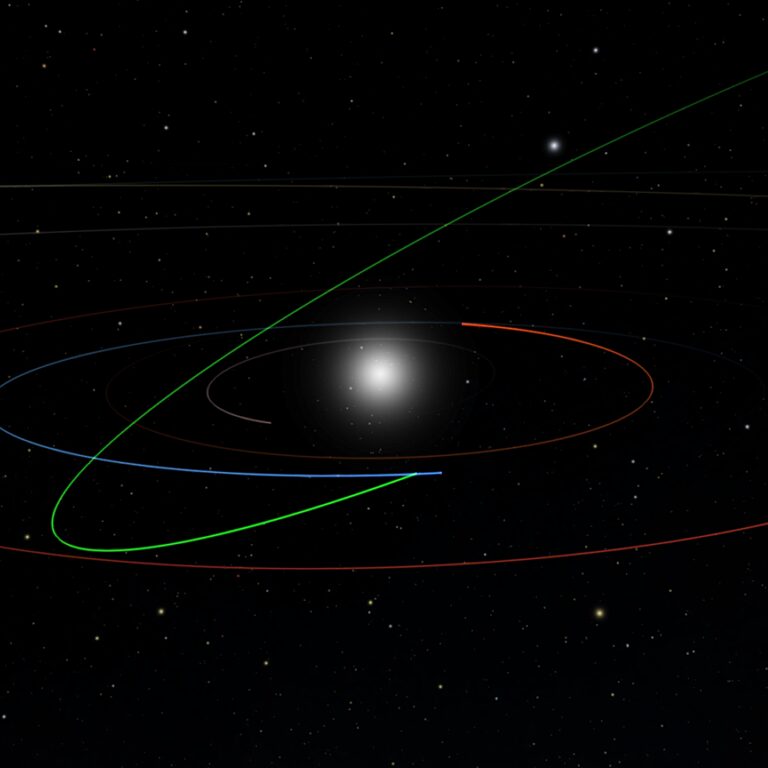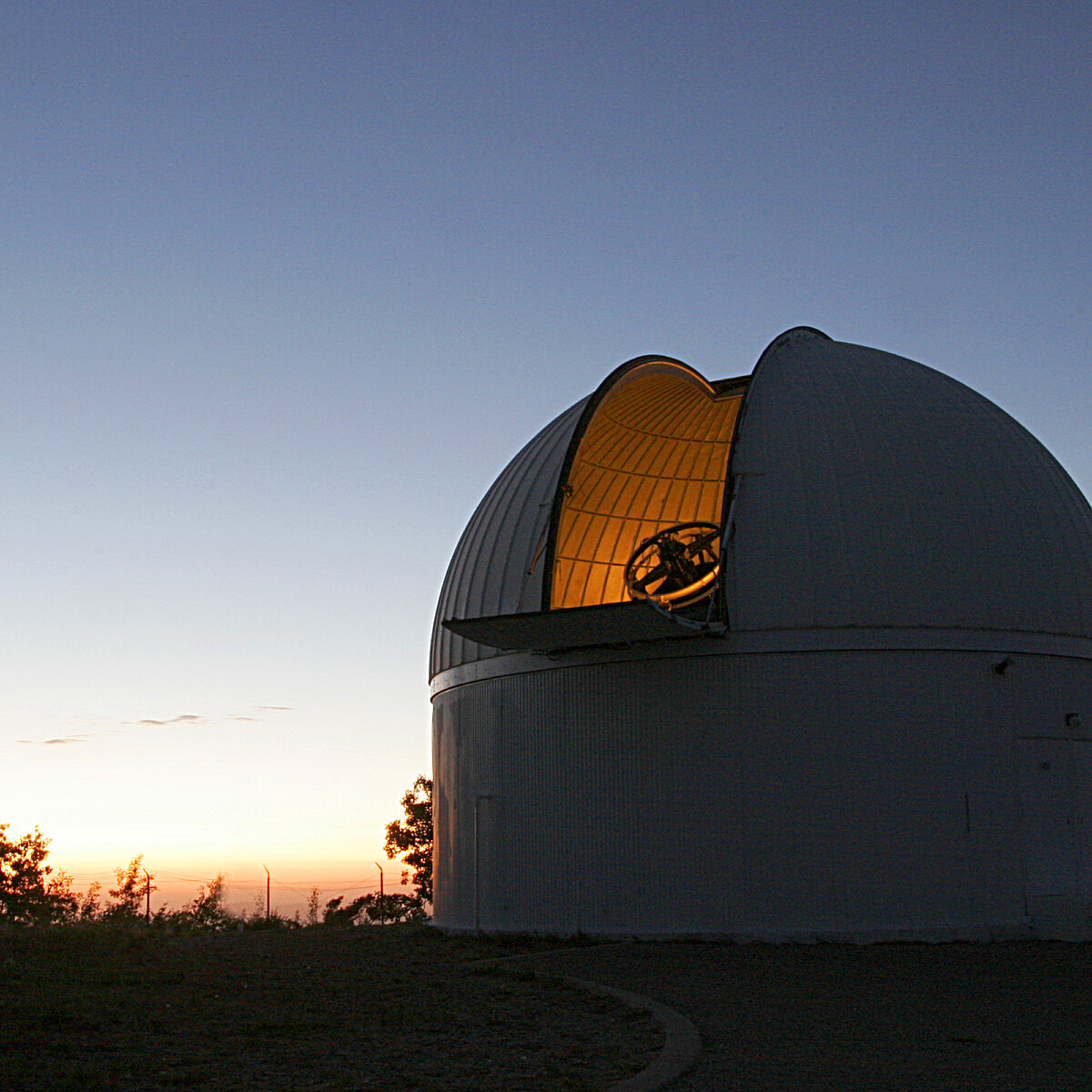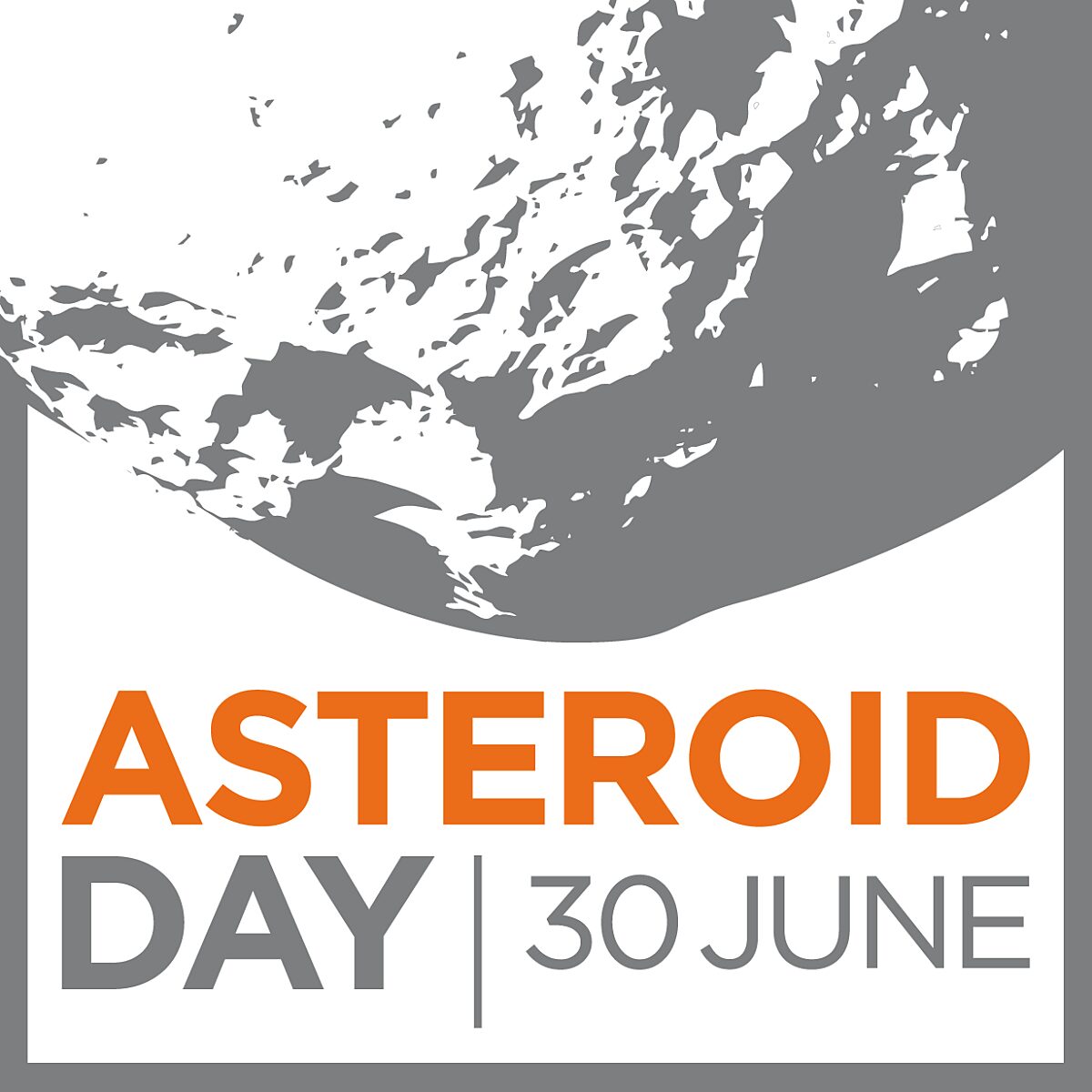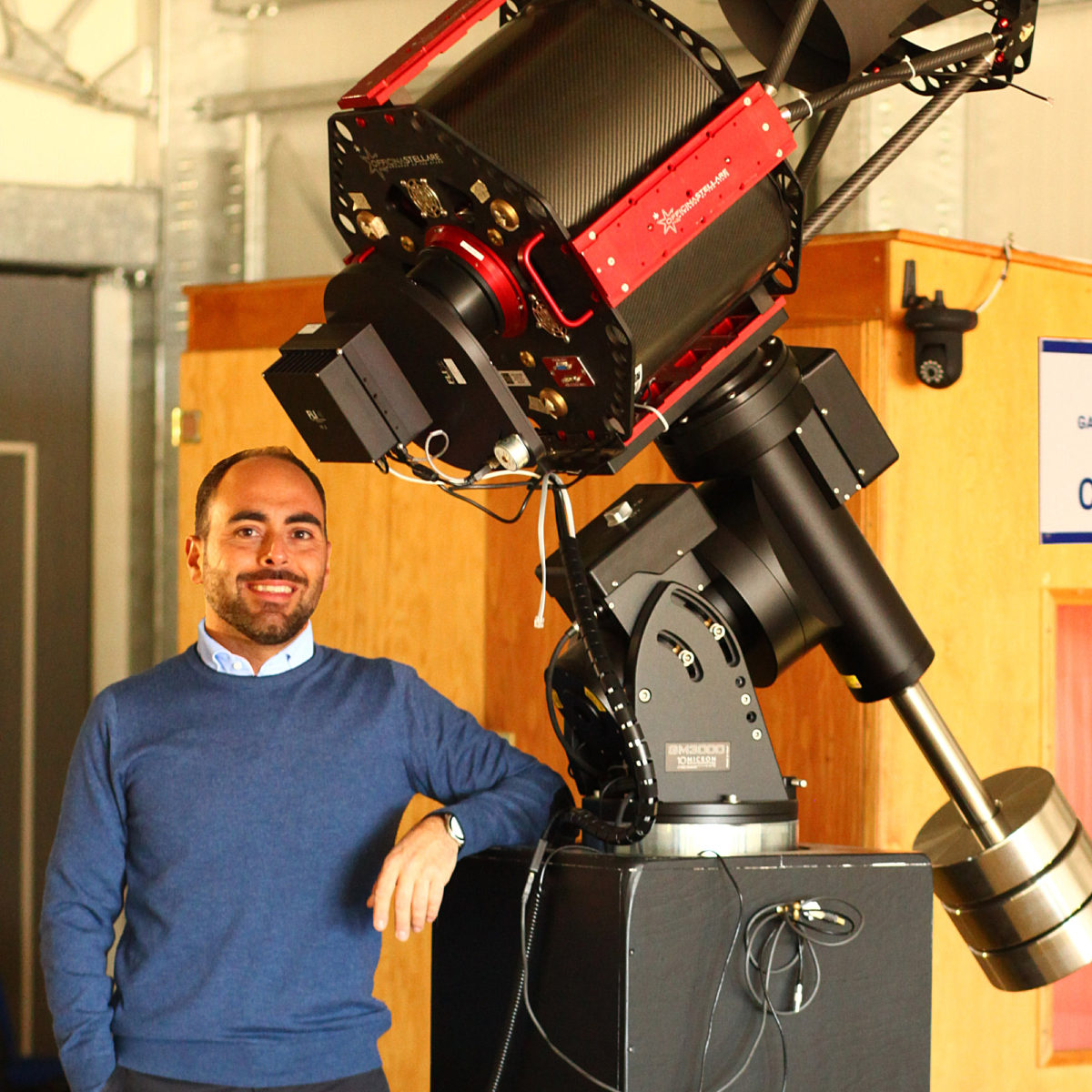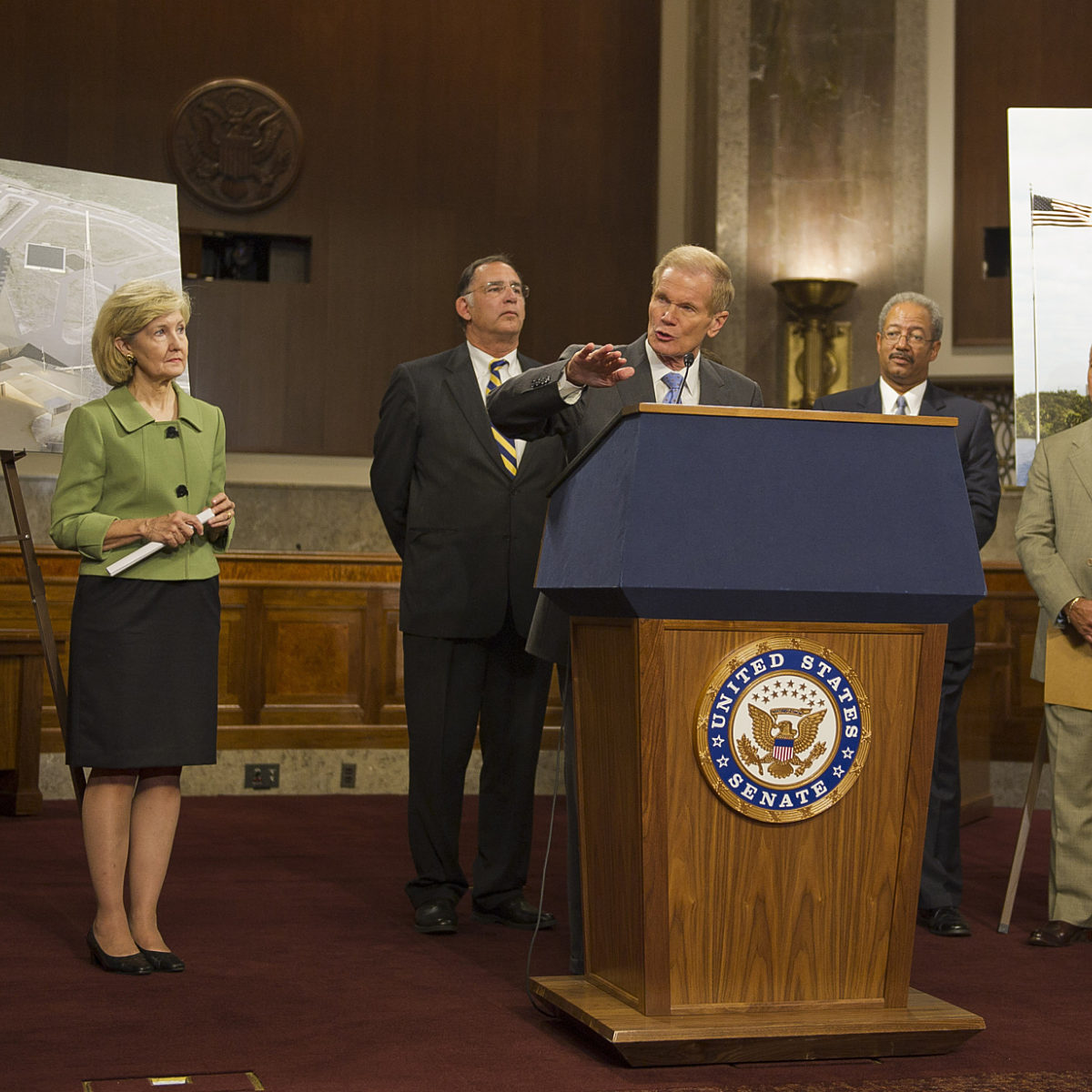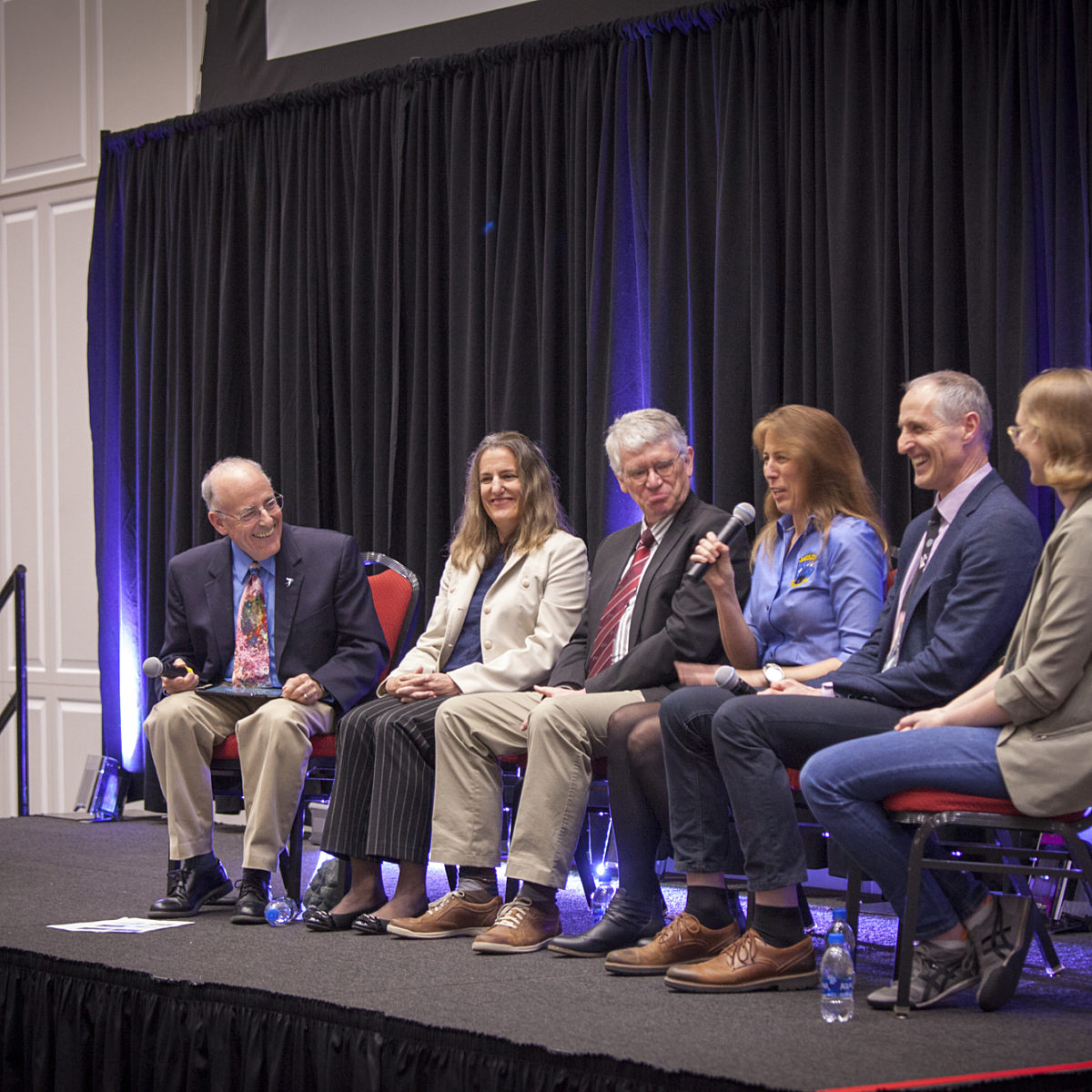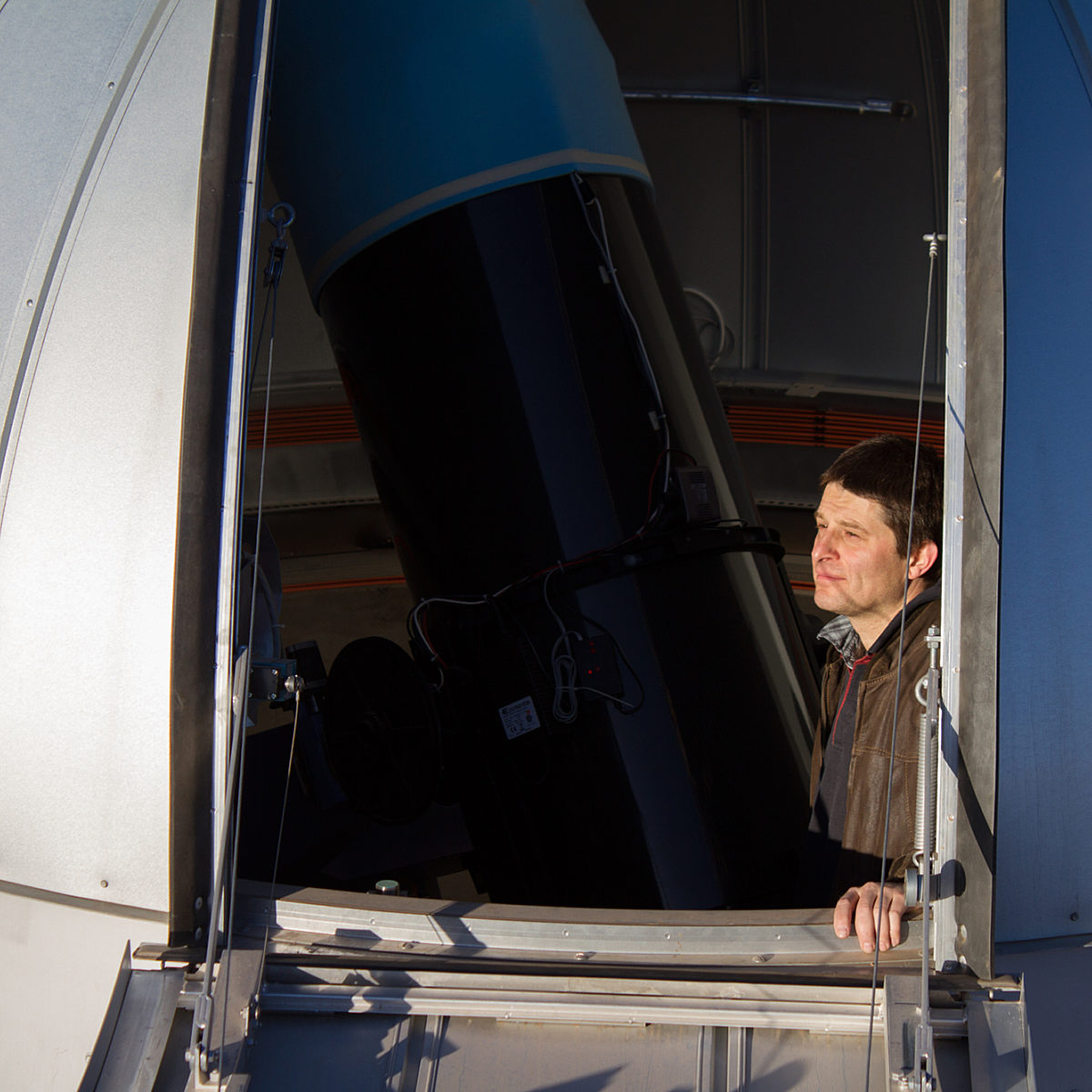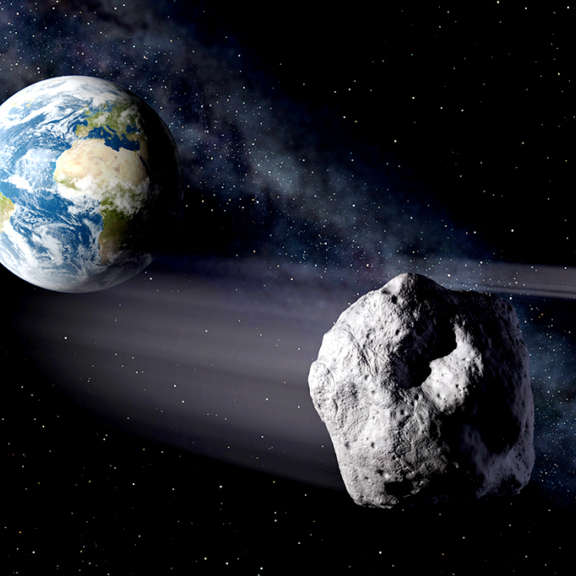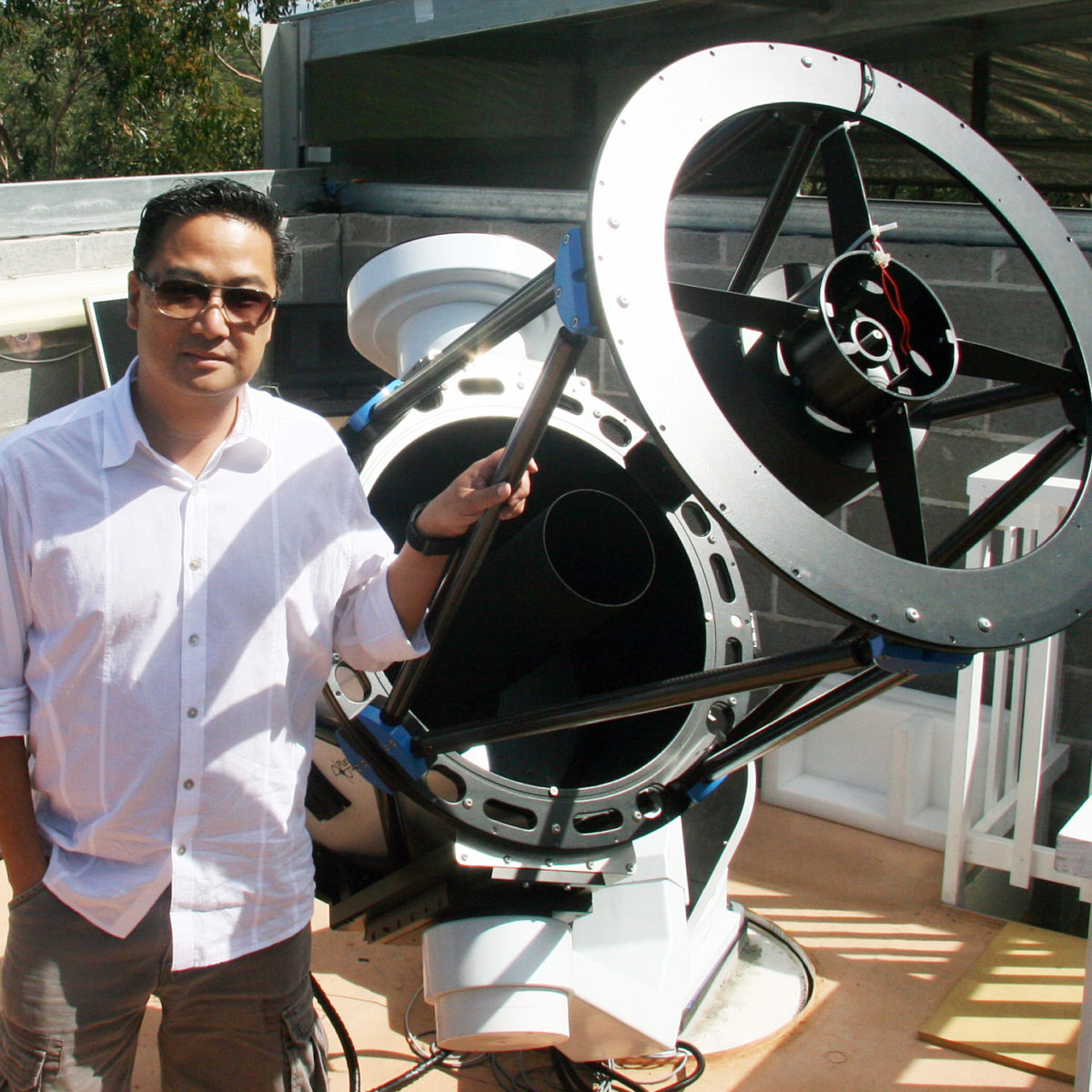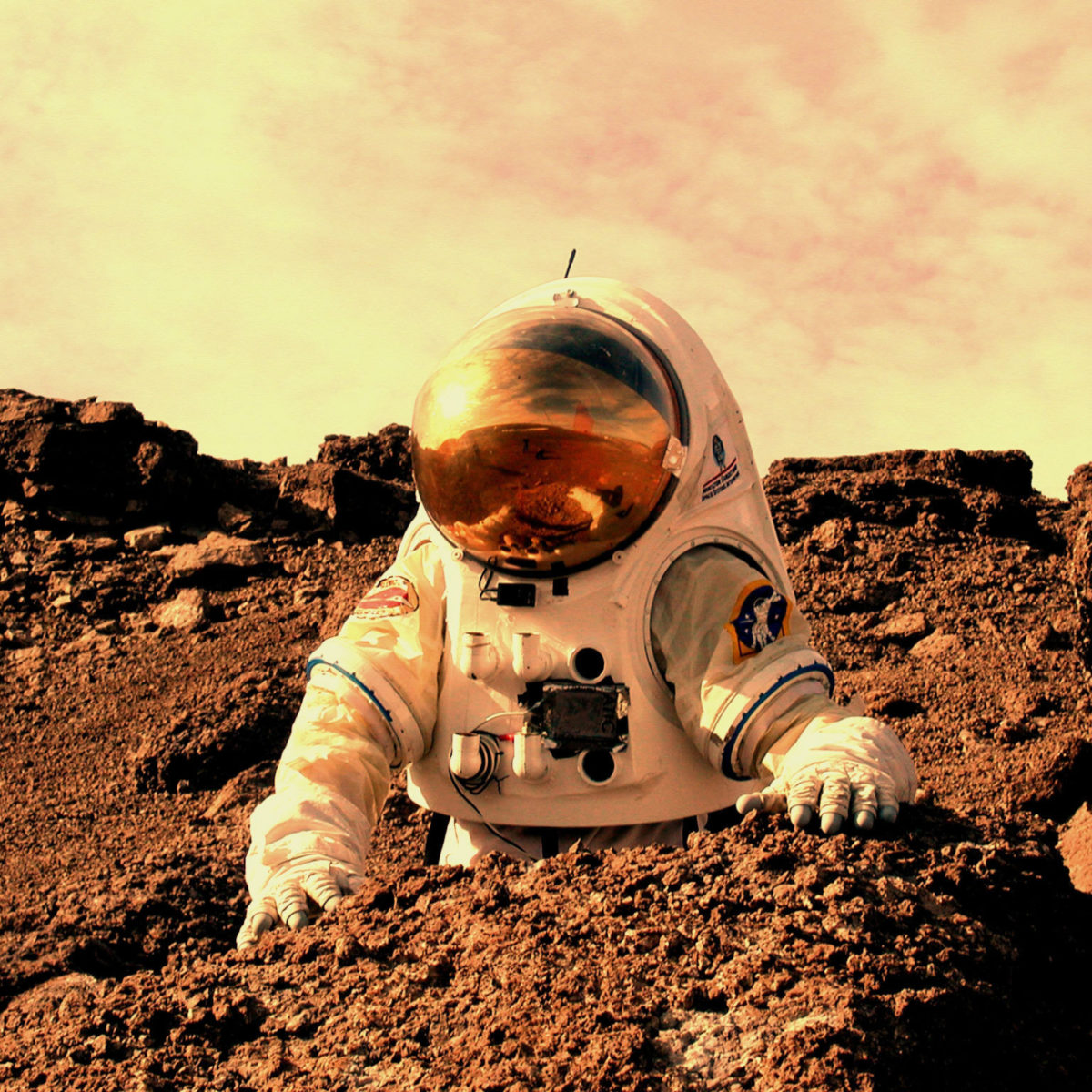Since 2002, Planetary Radio has visited with a scientist, engineer, project manager, advocate, or writer who provides a unique perspective on the quest for knowledge about our Solar System and beyond. The full show archive is available for free.
Search Planetary Radio
Mario Jurić and Ari Heinze from the University of Washington join Planetary Radio to discuss their team’s next-generation asteroid discovery algorithm, HelioLinc3D.
Meet leaders of two of the most successful Earth-based searches for asteroids, including many that could threaten Earth.
We Earthlings are making progress toward defending our planet from near-Earth objects, which is reason enough for the annual Asteroid Day celebration.
The Planetary Society’s new Science and Technology Empowered by the Public (STEP) grant program will let citizens join the search for ET and enable astronomers to discover the nature of hundreds of near-Earth asteroids.
Meet three of the just-announced recipients of Planetary Society Gene Shoemaker NEO grants. They search the skies for asteroids and comets that could threaten our planet.
Six planetary defense leaders report on progress toward protecting Earth from near-Earth objects.
We talk with two of our 2019 Shoemaker NEO Grant winners, who received funding to help find, track, and characterize potentially hazardous asteroids.
As the 2010s come to a close, Marcia Smith, the founder of Space Policy Online, rejoins the show to explore the most significant and impactful space policy decisions of the 2010s.
Leaders of the global effort to avoid a catastrophic Near Earth Object impact gathered at the 2019 Planetary Defense Conference. On the evening of May 1st, The Planetary Society partnered in an exciting PDC public event at the University of Maryland College Park. Presentations by Society CEO Bill Nye and NASA Chief Scientist Jim Green were followed by Planetary Radio Live.
A rare alignment of planets and other objects will enable the solar-powered Lucy spacecraft to examine seven asteroids, six of which are among the thousands of Trojan asteroids that orbit ahead of and behind Jupiter. The mission team, include Hal Levison, Cathy Olkin and Mike Sekerak, hope to unlock secrets of our solar system’s origin through these ancient artifacts.
Why did the dinosaurs die? They didn’t have a space program! The upcoming DART mission will test our best thinking about how we may someday deflect a Near Earth Object that is speeding toward fiery Armageddon on Earth. Nancy Chabot of the JHU Applied Physics Lab is the mission’s Coordination Lead.
Spacecraft OSIRIS REx is now orbiting a 260-meter asteroid named Bennu. Principal investigator Dante Lauretta returns to tell us what has already been learned, and to preview the excitement that is still to come, including the probe’s descent to the surface for collection of a pristine sample.
The New Horizons spacecraft will reach faraway Kuiper Belt object 2014 MU69 in the first minutes of 2019. Will the body informally known as Ultima Thule be as mysterious and exciting as Pluto?
LightSail 2 is not the only solar sail in the universe. NASA’s Marshall Space Flight Center and the Jet Propulsion Lab are preparing to send NEA Scout on a long, light-propelled journey to a near Earth asteroid.
One of the Planetary Society’s 2018 Shoemaker Near-Earth Object grants has gone to astronomers searching the sky from a mountaintop in the North African nation of Morocco.
The dinosaurs regret their lack of a space program. 200 million years later, humans are gearing up to defend themselves from a species-ending rock.
Seven astronomers have been selected to receive Shoemaker NEO (Near Earth Object) grants from the Planetary Society. They and their observatories span the planet. We’ll meet an American and an Australian. Society Chief Scientist Bruce Betts provides an overview of the grant program and later returns for this week’s edition of What’s Up. The Planetary Society’s Kate Howells reports on the outlook for space funding in Canada’s newly-released federal budget. She and Society CEO Bill Nye also met with Prime Minister Justin Trudeau.
Veteran astronomer and cosmologist Sandra Faber has just been awarded the Gruber Prize for Cosmology, honoring more than forty years of pioneering work. She talks with Mat Kaplan on this week’s show.
Asteroid Day, June 30th, marks the anniversary of the great Tunguska impact that leveled a Siberian forest. It reminds us that a Near Earth Object can destroy a city or even a civilization. Former Minor Planet Center Director Tim Spahr reviews our efforts to find and understand these bodies.
The human journey to the Red Planet is long and hard, but Mat’s conversation with three NASA Associate Administrators at the Humans to Mars Summit was filled with cautious optimism.


 Explore Worlds
Explore Worlds Find Life
Find Life Defend Earth
Defend Earth


